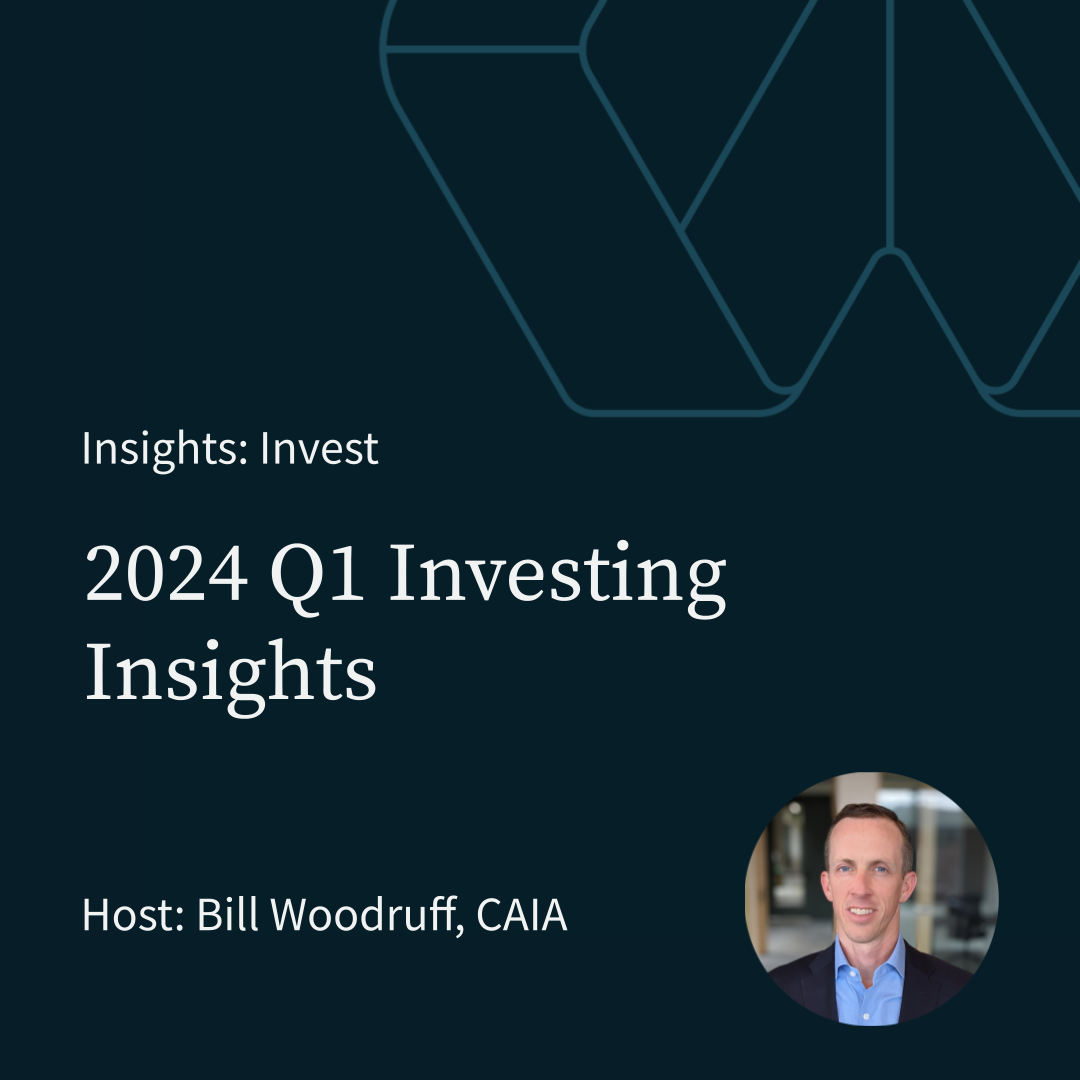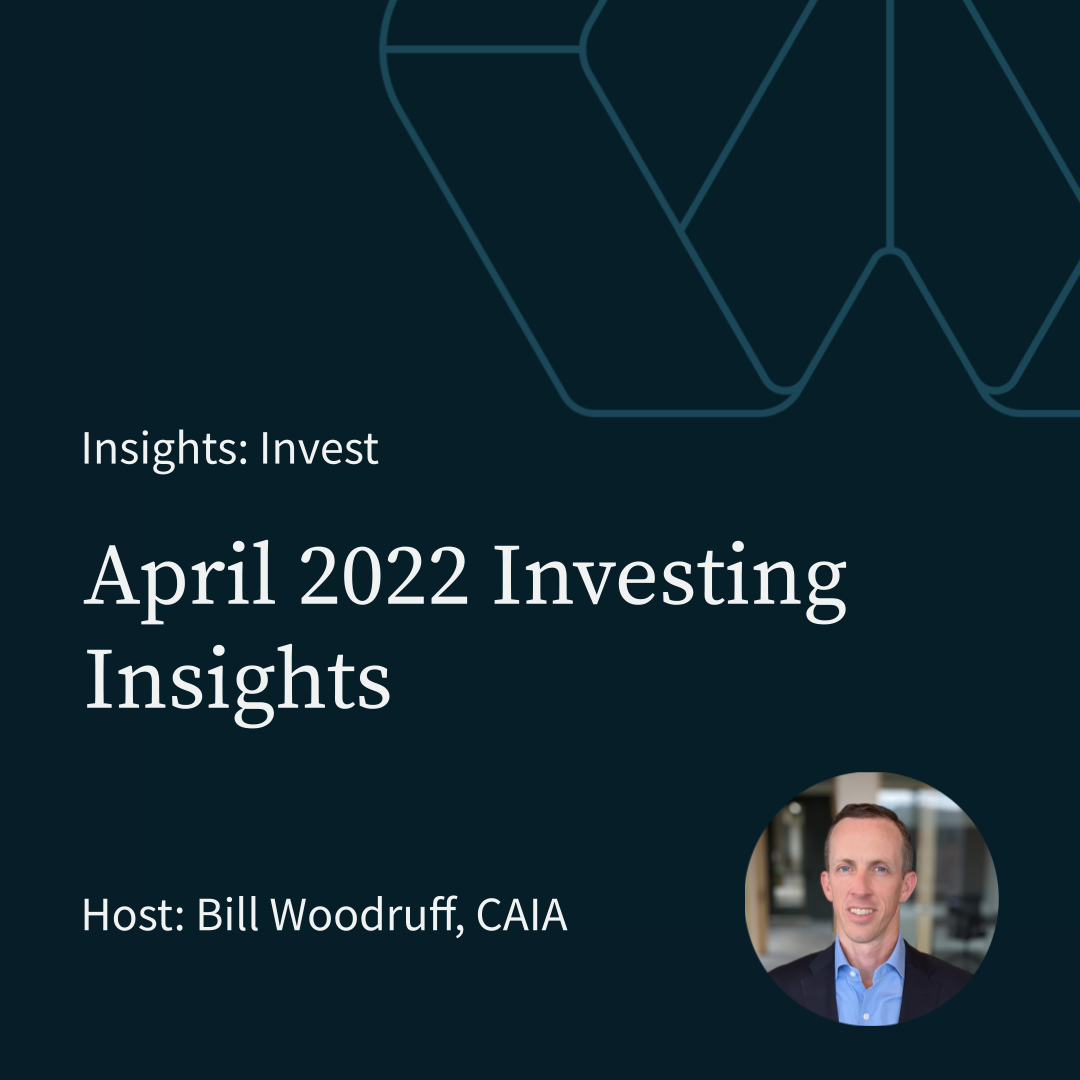Custodians Overcharge
There has been a decent amount of commentary in regards to the commoditization of the component investment services (asset allocation, financial planning, and investment management). However, greater attention should be directed toward what may be a simpler more commoditized service that operates at far wider and unnecessarily high margins, the custodial service.
Video Transcript:
There has been a decent amount of commentary in regards to the commoditization of the component investment services (asset allocation, financial planning, and investment management). Fees should be commensurate with the work that is being performed. Excessive fees are still common despite the commoditization of these services. A trusted fiduciary who knows the specifics of an investors situation still plays a valuable roll which to a certain extent can justify fees.
While I believe investment advice fees are generally too high greater attention should be directed toward what may be a simpler more commoditized service that operates at far wider and unnecessarily high margins, the custodial service. The major custodians for independent advisers, Schwab, Fidelity, TD Ameritrade and Pershing all offer a technologicallly dated service that almost always requires additional services such as portfolio accounting.
Yet, these companies enjoy pricing power and charge way too much for what they do. The custodial overcharging is for the most part across all aspects of their businesses. Wire-house and bank broker dealers like Merrill Lynch, Morgan Stanley, UBS and Wells Fargo are generally worse as they bundle all of the investment and custodial services making it easier for them to overcharge across the board.
The most extreme example which also happens to be the least transparent is how they all charge for transacting in and holding mutual funds. Most mutual funds are purchased without transaction fees, major custodians charge up to .4% on assets to mutual fund companies to make their funds available without transaction fees. These costs get passed on to investors.
The mass-adviser has built their business through these major custodians and is not likely to make a change even if there might be a significant economic benefit to clients.
The lowest commission costs across the major custodians is $5 per trade. Paying this much per trade would be cost prohibitive to me in building broadly diversified portfolios of individual securities for accounts smaller than $2 million.
This is 5 times more than it should be. Again, not only are the direct costs more but the major custodial service offerings are so weak the mass-adviser is almost always forced to pay additional fees to third-party service providers.
This increases their cost of operating which in turn forces them to charge their clients more all in exchange for very little if not no value.
The only way this will change is for clients to understand the total costs they pay for their investment services and demand better. Paying more unfortunately doesnt typically mean getting more when it comes to investing and the costs and fees of investment services are one of only a small number of aspects investors can and should control.
Commission rates referenced in transcript above:











